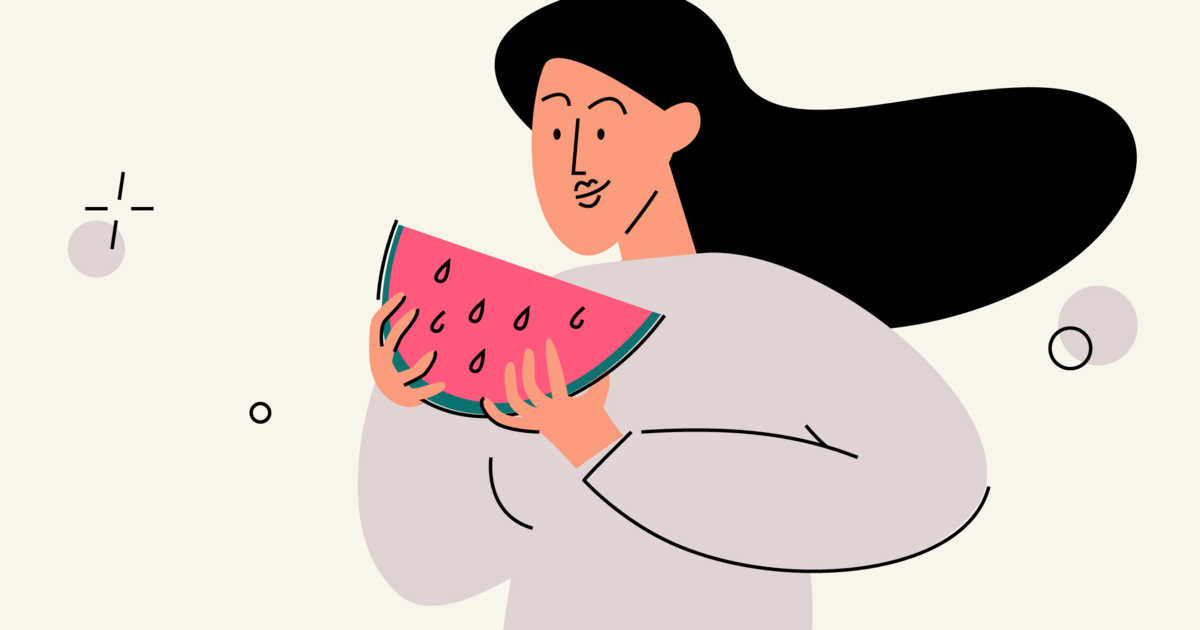Introduction
Managing diet during menstruation can significantly impact comfort and overall well-being. Some foods may exacerbate symptoms such as bloating, cramps, and mood swings. This article explores foods to avoid during periods to help alleviate discomfort and promote a more balanced experience.
High-Salt Foods
Excessive salt intake can lead to water retention and bloating, which may worsen menstrual discomfort.
- Processed Foods: Items like chips, canned soups, and instant noodles are often high in sodium. Reducing these can help minimize bloating.
- Fast Food: Burgers, fries, and other fast foods are typically loaded with salt and should be limited during periods.
- Pickles and Olives: While flavorful, these foods contain high levels of salt, contributing to water retention.
Sugary Snacks
Consuming too much sugar can lead to spikes and crashes in blood sugar levels, affecting energy and mood.
- Candy and Sweets: High in refined sugars, these can lead to mood swings and energy crashes.
- Sugary Drinks: Sodas and sweetened beverages contribute to excessive sugar intake and can exacerbate bloating.
- Pastries and Baked Goods: Often loaded with sugar and unhealthy fats, they can contribute to inflammation and discomfort.
Caffeinated Beverages
Caffeine can increase anxiety, tension, and may worsen menstrual cramps.
- Coffee: High caffeine content can exacerbate anxiety and lead to dehydration.
- Energy Drinks: Often loaded with caffeine and sugar, they can lead to energy crashes and increased tension.
- Certain Teas: Black and green teas contain caffeine, which may contribute to heightened cramps if consumed in excess.
Fatty and Fried Foods
Foods high in unhealthy fats can increase inflammation and discomfort during periods.
- Fried Foods: Items like fried chicken and French fries contain trans fats that may worsen cramps and inflammation.
- Processed Meats: Sausages, bacon, and deli meats are high in unhealthy fats and salt, contributing to bloating and discomfort.
- Creamy Sauces and Dressings: Often high in saturated fats, these can exacerbate bloating and discomfort.
Dairy Products
Some individuals find that dairy can exacerbate bloating and cramps due to its arachidonic acid content.
- Milk and Cheese: Can contribute to inflammation and exacerbate cramps in some people.
- Ice Cream: Contains sugar and fats that may worsen bloating and discomfort.
- Cream-Based Soups: High in dairy and fats, potentially leading to increased bloating.
Alcohol
Alcohol can lead to dehydration and may worsen mood swings and cramps.
- Wine and Beer: Can lead to dehydration and may exacerbate mood swings.
- Cocktails: Often loaded with sugar and alcohol, leading to increased bloating and discomfort.
Spicy Foods
Spicy foods can upset the stomach and exacerbate digestive issues, leading to discomfort.
- Hot Peppers and Spices: Can irritate the stomach lining and increase bloating and cramps.
- Spicy Curries: While flavorful, they may lead to digestive discomfort during periods.
Artificial Additives
Artificial flavors, colors, and preservatives may contribute to inflammation and discomfort.
- Processed Snacks: Items with artificial additives can contribute to inflammation and should be limited.
- Packaged Meals: Often contain preservatives that may exacerbate bloating and discomfort.
Tips for Managing Menstrual Symptoms
Hydration
Staying hydrated can reduce bloating and help manage cramps. Aim for plenty of water and herbal teas that promote relaxation.
Balanced Diet
Focus on a balanced diet rich in whole grains, lean proteins, fruits, and vegetables. These foods support overall health and help manage menstrual symptoms.
Mindful Eating
Pay attention to how different foods affect your body and adjust your diet accordingly. Listening to your body’s signals can guide better food choices during menstruation.
Conclusion
Avoiding certain foods during menstruation can help alleviate discomfort and promote a more balanced experience. By steering clear of high-salt, sugary, and fatty foods, as well as caffeine and alcohol, individuals can manage symptoms more effectively. Prioritizing hydration and a balanced diet supports overall well-being and comfort during periods.

